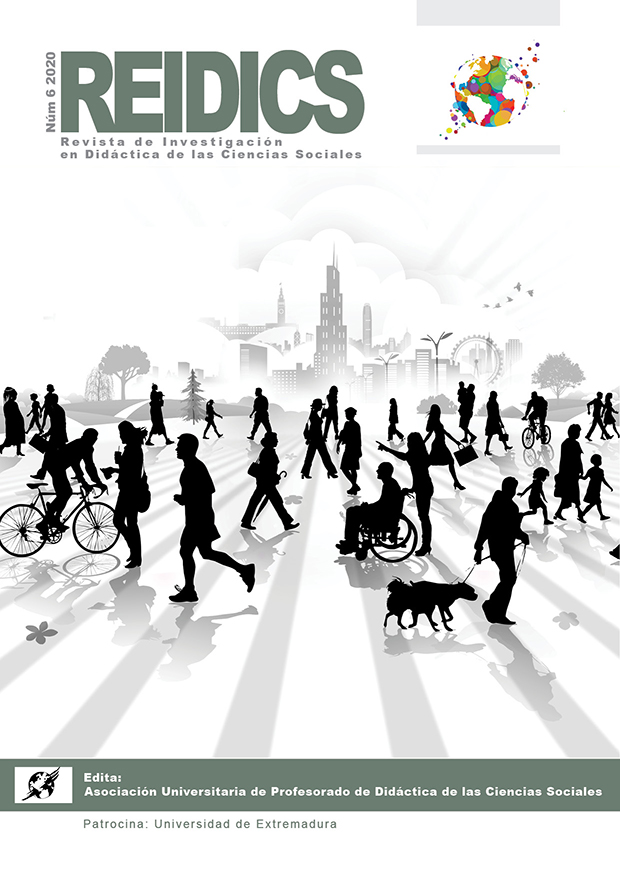Rural dry-stone constructions as a paradigm of sustainability: educational and geographical contributions from its declaration as Intangible Cultural Heritage
DOI:
https://doi.org/10.17398/2531-0968.06.77Keywords:
Didactics of rural habitat, Technique of dry-stone, Regional Geography, Rural Geography, Intangible Cultural Heritage of Humanity, Sustainable DevelopmentAbstract
The knowledge and techniques of the art of building walls in dry stone have been inscribed in 2018 in the Representative List of the Intangible Cultural Heritage of Humanity. This inscription supposes an important recognition to one of the most important edificatory techniques used in a good part of the traditional rural architecture of the Mediterranean world and particularly in the peninsular and insular Spain. In turn, the rural habitat is the center of traditional architecture and one of the fundamental components of agrarian landscapes. The dry-stone structures have created different types of housing, sustainable agriculture and livestock modes, optimizing local, natural and human resources. The complex dimension of the manifestations of rural habitat makes this new recognition of UNESCO a formative opportunity to emphasize the cultural values of agrarian societies, the teaching of sustainable collective ways of life and the acquisition of knowledge related to the Social and Human Sciences. The most recent contributions from an academic and bibliographic point of view related to this topic are analyzed, and based on these realities; different proposals that respond to the socio-educational valorization of these sustainable forms of construction in different educational levels are presented in an open and flexible manner.
Downloads
Published
Issue
Section
License
Aquellos autores/as que tengan publicaciones con esta revista, aceptan los términos siguientes:
- Los autores/as conservarán sus derechos de autoría y garantizarán a la revista el derecho de primera publicación de su obra, el cual estará simultáneamente sujeto a la Licencia de reconocimiento de Creative Commons 4.0 BY-NC-SA que permite a terceros compartir la obra siempre que se indique su autor y su primera publicación en esta revista.
- Los autores/as podrán adoptar otros acuerdos de licencia no exclusiva de distribución de la versión de la obra publicada (p. ej.: depositarla en un archivo telemático institucional o publicarla en un volumen monográfico) siempre que se indique la publicación inicial en esta revista.
- Se permite y recomienda a los autores/as difundir su obra a través de Internet (p. ej.: en archivos telemáticos institucionales o en su página web) antes y durante el proceso de envío, lo cual puede producir intercambios interesantes y aumentar las citas de la obra publicada. (Véase El efecto del acceso abierto).
- Los autores y autoras han respetado la política de autoría de esta revista.




